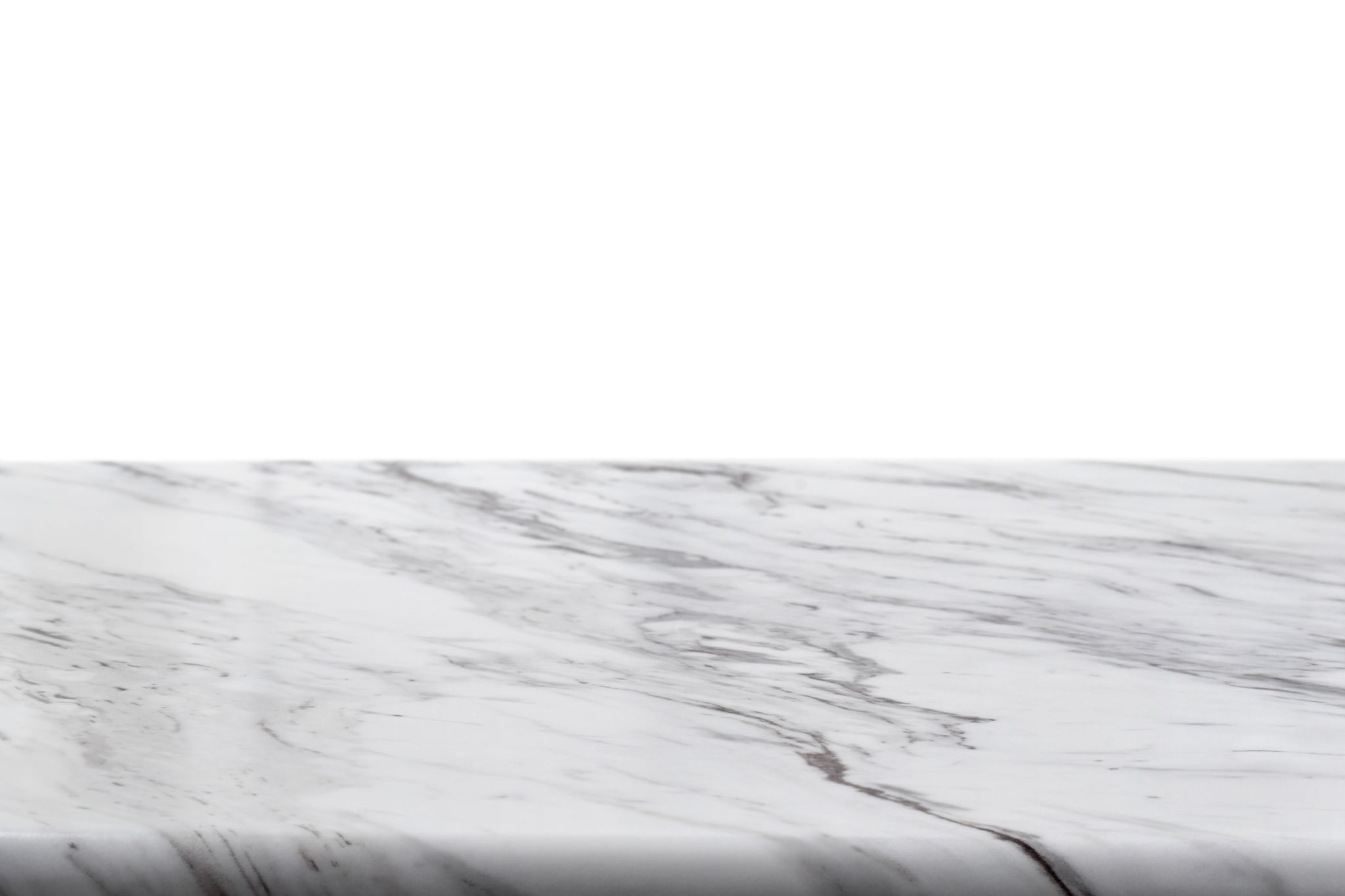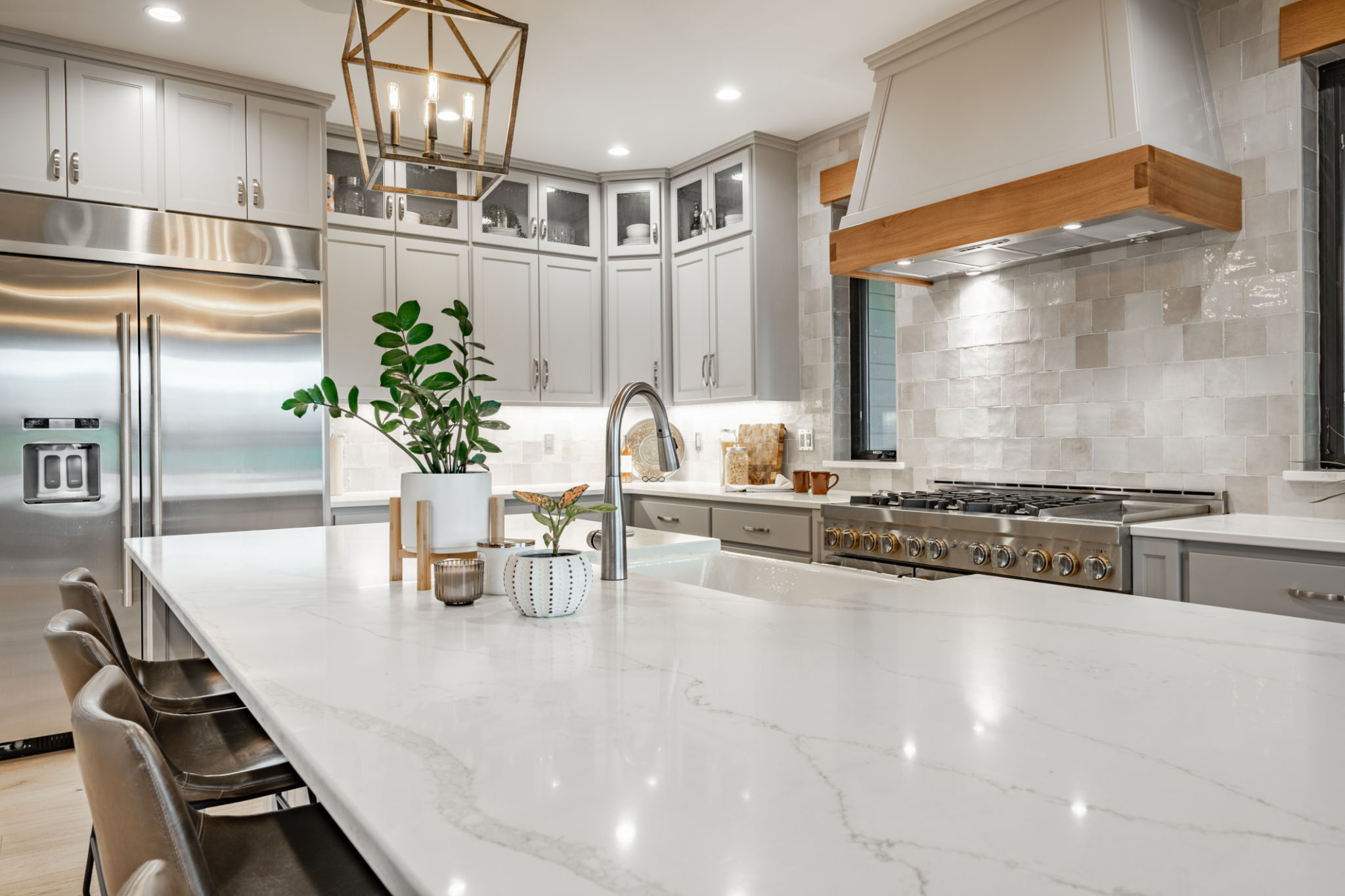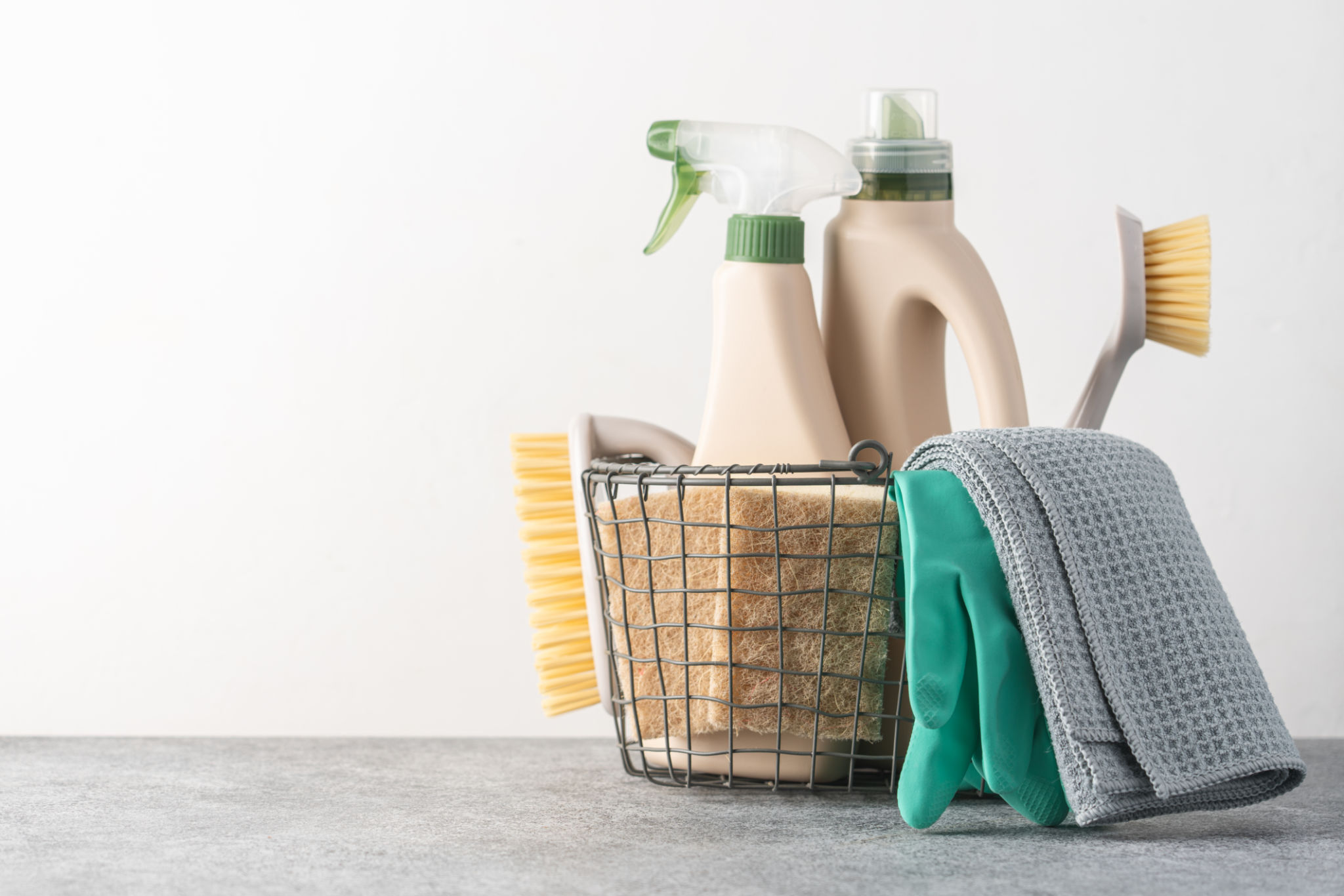The Ultimate Guide to Maintaining Your Stone Countertop
Understanding Your Stone Countertop
Stone countertops are a popular choice for kitchens and bathrooms due to their durability and timeless appeal. Whether you have granite, marble, or quartz, understanding the specific needs of your stone is crucial for maintaining its beauty over time. Each type of stone has unique properties, and knowing these can help you prevent damage and preserve its natural elegance.
Granite, for instance, is extremely durable but still porous, making it prone to staining if not properly sealed. Marble, on the other hand, is softer and more susceptible to scratches and etching from acidic substances. Quartz is engineered to be non-porous and resistant to most stains and scratches, but it can still be damaged by excessive heat.

Daily Cleaning Tips
Keeping your stone countertop clean on a daily basis is essential for preserving its appearance. Use a soft cloth or sponge with warm water and a mild dish soap to wipe down the surface. Avoid harsh chemicals or abrasive cleaners that can damage the sealant or the stone itself.
For tougher spots or stains, create a paste with baking soda and water. Apply it to the affected area and let it sit for several minutes before wiping it away with a damp cloth. Remember to always rinse thoroughly to remove any residue from the cleaning agents.

Sealing Your Countertop
Sealing is a key step in maintaining stone countertops, particularly for porous stones like granite and marble. A good sealant prevents liquids from penetrating the surface and causing stains. Check your countertop's seal by sprinkling water on it; if the water beads up, the seal is intact. If it soaks in, it's time to reseal.
When resealing, ensure the surface is clean and dry. Apply the sealant evenly with a soft cloth or applicator pad, following the manufacturer's instructions. Allow it to cure properly before using the countertop again.

Avoiding Common Pitfalls
To extend the life of your stone countertop, avoid placing hot pots or pans directly on the surface. Instead, use trivets or hot pads. This prevents potential thermal shock that can crack or discolor the stone.
Be mindful of acidic substances such as vinegar, citrus juices, or wine. Spills should be cleaned immediately to prevent etching or staining. Additionally, avoid cutting directly on the countertop to prevent scratches; always use a cutting board.
Long-Term Care and Maintenance
Regular maintenance is vital for keeping your countertop in top condition. Schedule professional polishing every few years to restore shine and address any minor scratches or dullness that may have developed over time.
For daily upkeep, consider using specialized stone cleaners that are designed to protect and enhance the natural beauty of your countertop without causing damage.

Troubleshooting Issues
If you notice issues such as staining, etching, or dullness despite regular care, consult a professional. They can assess the damage and recommend solutions such as resurfacing or resealing.
Remember that DIY fixes can sometimes worsen the problem, so it's best to seek expert advice for more severe issues.
By following these guidelines, you can ensure that your stone countertop remains a stunning centerpiece in your home for years to come.
